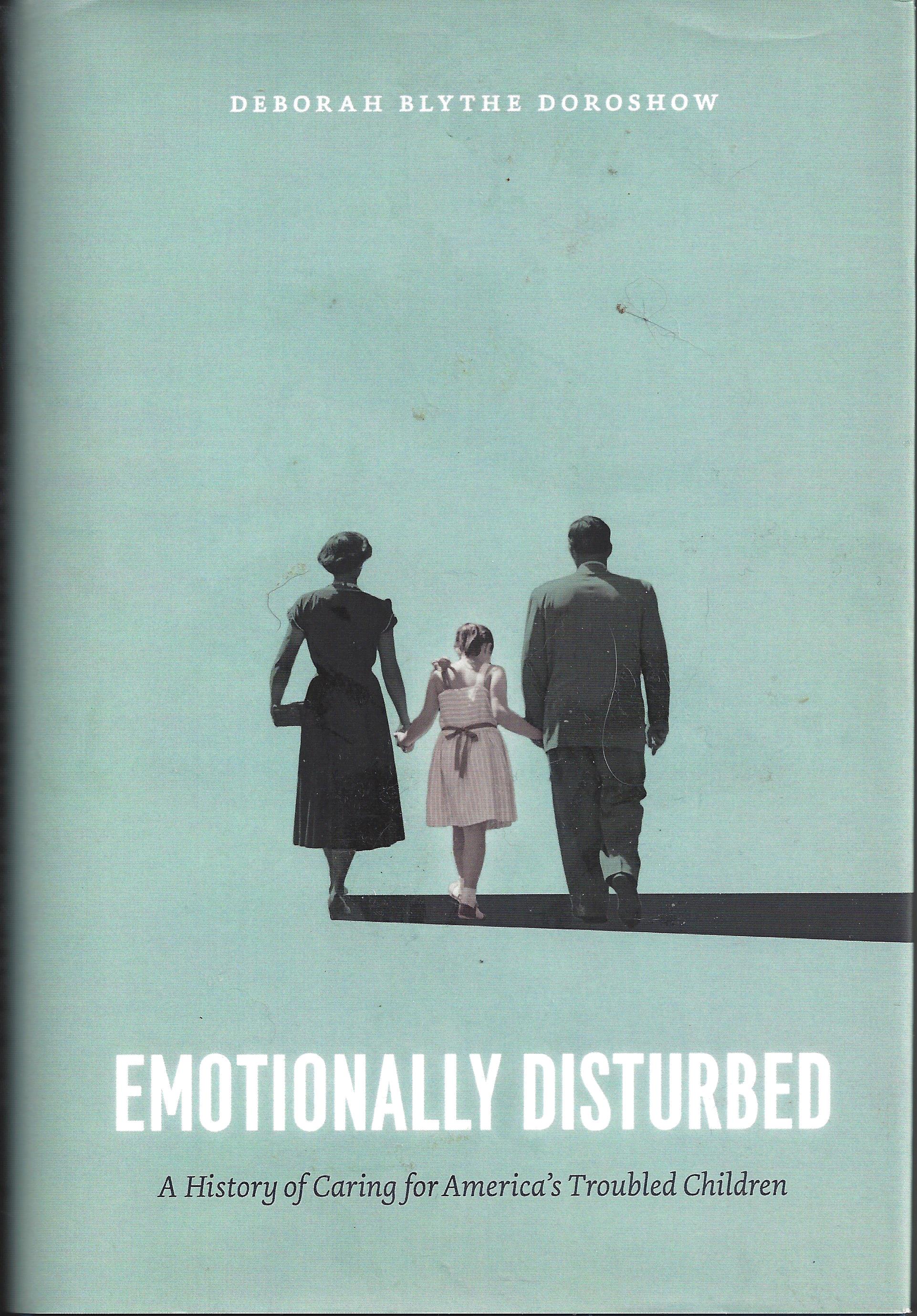
Connecticut and other states are struggling with emotionally disturbed juveniles misplaced in the criminal justice system, many of whom are not getting the mental health care they need.
How the juvenile justice system became the largest child mental health provider in the nation--disproportionately caring for youth of color from disadvantaged backgrounds--is explored by Deborah Doroshow in "Emotionally Disturbed: A History of Caring for America's Troubled Children" (The University of Chicago Press, 2019, 335 pages, $45).
A practicing physician, Dr. Doroshow is an historian of medicine, mental health and childhood. She is assistant professor of medicine at the Icahn School of Medicine at Mount Sinai Hospital in New York and adjunct assistant professor of the history of medicine at Yale. She received her M.D. from Harvard Medical School and her Ph.D. in the history of medicine from Yale.
“Emotionally Disturbed” is the first work to examine the history of Residential Treatment Centers or RTCS and seriously mentally ill children in America.
Before RTCs children with severe emotional difficulties had few options for care. One recourse was usually a child guidance clinic. Juveniles might also be placed in a state mental hospital or asylum, an institution for the so-called feebleminded or a training school for delinquent children.
In the process a new kind of person became visible—the emotionally disturbed child. Emotional disturbance became a diagnosis, a policy problem and a statement about the troubled state of postwar society.
But in the late twentieth century, Americans went from pouring private and public funds into the care of troubled children to abandoning them almost completely. Charting the decline of RTCs in favor of domestic care–based models in the 1980s and 1990s, “Emotionally Disturbed” explains how our current child mental health system came to be.
Dr. Doroshow’s work has been recognized with the Richard C. Cabot Prize in the History of Medicine from Harvard Medical School, the Edwin W. Small Prize for outstanding work in American History from Yale University, the Jack D. Pressman-Burroughs Wellcome Fund Career Development Award from the American Association of the History of Medicine and most recently, the Harris Fellowship in Medical Humanities at the Sydney Social Sciences and Humanities Advanced Research Centre, University of Sydney in Australia.
(Cutline)
Dr. Deborah Doroshow